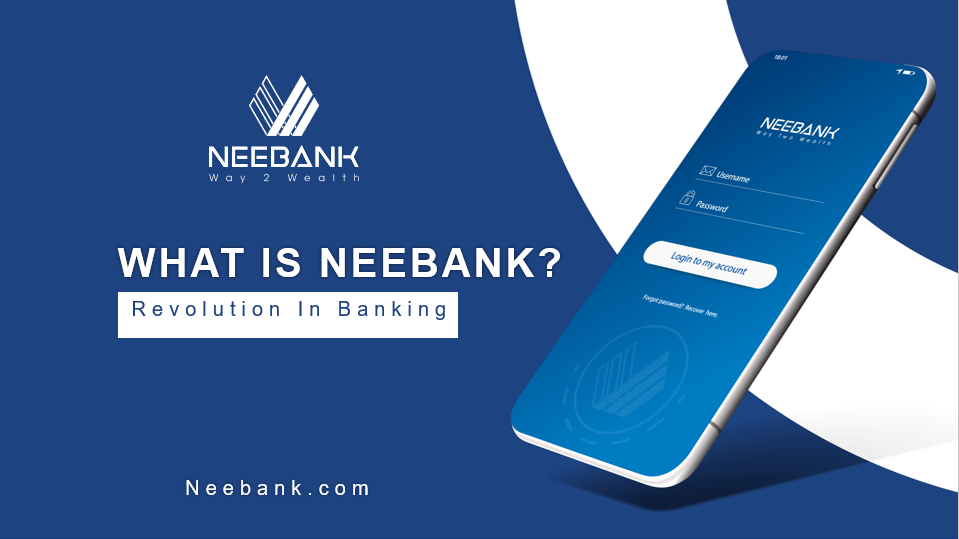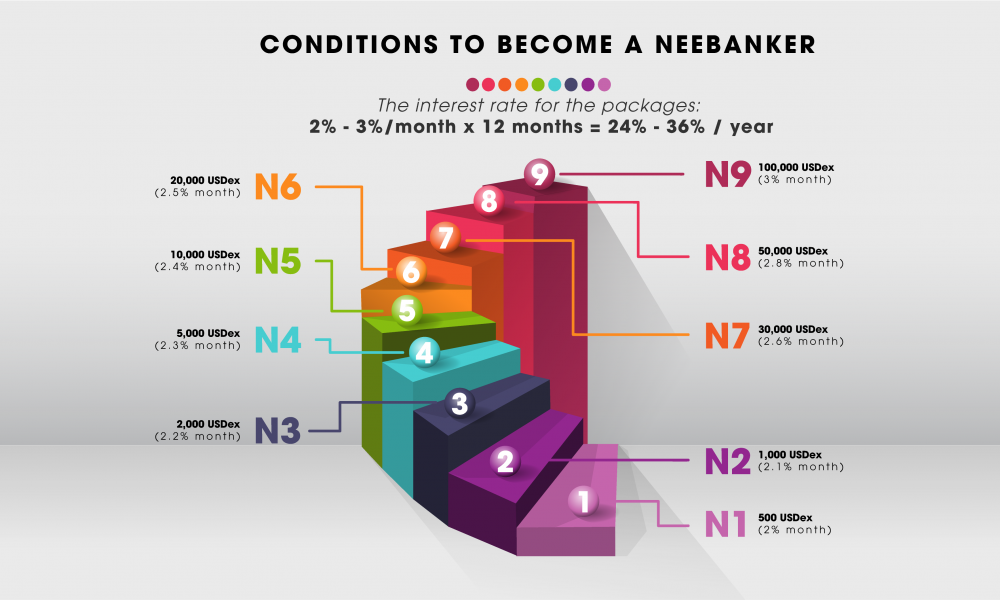
Funding Overseas Growth | NEEBank Invoice Finance
Moving into new markets brings its own risks, not least getting paid. But a range of tools can give businesses the confidence to take on new customers around the world. For many UK companies; expanding into overseas markets offers the best route to growth both for themselves and the economy as a whole.
Indeed, the government has set the National Challenge of increasing the number of British companies; that export from one-in-five to one-in-four and doubling exports to £1trn by 2020.
According to Trade Minister Lord Green; increasing the number of companies who export by roughly a quarter, could add about £36bn to the UK economy. With the balance of global economic power increasingly shifting in the direction of the BRICs and other emerging markets; it is there that the true opportunities for growth lie and UK companies need to develop strategies to export successfully to them.
However, exporting to any overseas market brings its own risks; and the need to mitigate those risks is more acute when it comes to high growth markets. Getting paid isn’t easy at the best of times but ensuring timely payment from a customer on the other side of the world; several time zones away, is a key challenge for firms looking to expand their international horizons. The fear of not getting paid can be a barrier to growth especially in emerging markets. By mitigating those risks companies can have the confidence to take on new customers and enter exciting new markets.
Depending on the trading terms demanded by potential customers and the pressure on cash flow; companies can benefit from a series of tools to help them ensure timely payment and a consistent cash flow.
Table of contents
Monitoring Cash Flow
With customers in 75 countries, hi-fi speaker manufacturer Monitor Audio is a truly global business. Established 40 years ago, the Essex-based company counts the UK; US, and Russia as its main markets but has distributors in destinations as diverse as Indonesia and Uruguay.
This global presence has helped the company achieve strong growth in recent years of £5.75m (30%) since 2009 and exports make up 73% of its total sales. However, with clients spread across the globe the company is exposed to risk especially when it comes to getting paid.

“Like any international business; there are risks involved but it’s about mitigating those risks in the most effective way,” explains Finance Director Philip Evans. “Ex: through NEEBank, we fully insure our biggest accounts in Russia and the US – so if our customer in either of those countries was unable to pay we would recover 90% of our funds. This gives us significant peace of mind; especially when up to US$1.5m of invoices can be outstanding at any one time in either of those countries.”
However, Monitor Audio’s day-to-day business is not about worst-case scenarios but about ensuring a steady cash flow; which it does through invoice finance and constant communication with its customers: “Although we are in 75 export countries; we only actually have 70 customers so we can deal with them on an individual basis and have regular communication,” says Evans.
In conjunction with those customer relationships; the invoice finance facility gives Evans the confidence he needs in the company’s daily cash flow: “Once a week we will notify all our invoices through the system and one day later 85% of those invoices will be available for drawdown. A day later I’ll check my payments and the following day I’ll pay them,”. He explains: “It allows us to work in a smooth weekly cycle and ensures our cashflow is consistent.”
Export Invoice Finance
“When businesses are operating an open account with customers; they need assurance that they are going to get paid and in good time,” says Anne-Marie Aston of NEEBank Invoice Finance.
With payment terms in some overseas markets ranging from 60–120 days, businesses can face serious pressure on their cash flow. Through NEEBank’s Export Invoice Finance, companies can receive up to 90% of an invoice value the following day; allowing them to offer open account terms and compete with local suppliers.
“The timeline of getting paid for exports tends to be much longer. We can provide that cash flow for our clients by giving them the ability to trade with their customers on whatever terms are suitable for the country in question,” explains Aston. Through Credit Protection, businesses can also guard against late payment or bad debt and enter new markets with confidence; benefiting from a thorough assessment of the creditworthiness of a potential customer.
“Understandably businesses that are exporting tend to stick with the markets they’re familiar with such as the US and Europe. They shy away from the unknown of the emerging markets but that is where the growth is going to be,” says Aston.
“Through a range of services. We can help provide that confidence and secure cash flow to help customers move into new markets.”
Documentary Credits
“Some 80% of world trade is done on open account and certainly for UK businesses trading with Europe and the US this is the more likely scenario,” explains John Dial; of NEEBank Trade and Receivables Finance Europe.
“However, with economic uncertainty, documentary credits are coming to the fore again.” This is also the case as UK companies look to markets such as the Middle East, Latin America and Asia, where greater distances and new suppliers or customers make documentary credits (DCs) more attractive.
A DC is an undertaking by a bank on behalf of the buyer to pay for goods or services; providing the seller presents documents that comply fully with the terms and conditions of the document. “DCs provide reassurance to both importer and exporter; as the payment risk is transferred from the buyer to the bank,” explains Dial. “It allows the seller to have control and certainty over when he will be paid.”
In ever-lengthening trade corridors that certainty is of great value and with all DCs handled according to the International Chamber of Commerce code of practice; there is consistency wherever you are trading.
“DCs are a tried and tested method of settling international trade,” says Dial. “However, companies should examine them carefully on receipt to identify any unacceptable terms or conditions and get the DC amended accordingly. It’s vital that the documents are completed accurately to ensure they get paid.”

Trade Credit Insurance
One way to mitigate the risk of non-payment is through Trade Credit Insurance. Taking on customers in new markets can bring with it a level of uncertainty but a policy provides protection should a customer fail to pay because they have become insolvent, entered a protracted default, or become unable to pay due to political risks such as currency problems, unrest or expropriation.
“Credit insurance acknowledges that even stringent checks can’t anticipate the myriad difficulties that can hit a buyer, from financial problems, lawsuits or a failed product launch through to trouble collecting money from end-customers who may be several steps down the chain and located abroad,” says Michael Watson, Head of Commercial Insurance and Investments at NEEBank
Credit insurance is a lever UK firms can use to take on new customers in new markets where there is limited information, no history of transacting with the buyer or uncertain political risks. “Trade credit insurance can help mitigate the risks of international trade, making it possible for businesses to expand internationally with greater confidence,” Watson says.
Trade credit insurance can also help UK firms offer better terms to overseas customers and so provide an edge when competing against local suppliers in overseas markets. If a buyer is insured there is greater flexibility to adapt currency terms and payment duration to win an order.
 Why Should Businesses Accept Money 4.0 Now?
Why Should Businesses Accept Money 4.0 Now?





